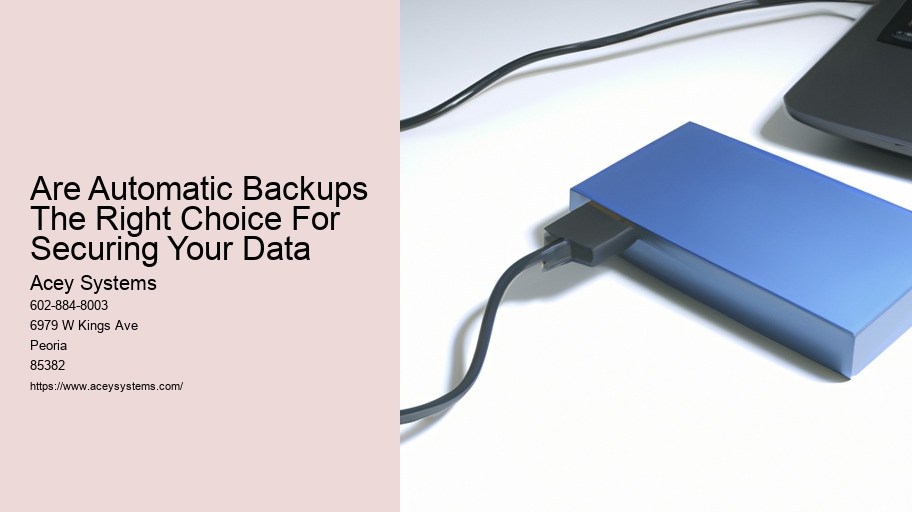In a digital landscape fraught with potential data loss, the need for reliable and efficient data backup solutions has become more pronounced than ever before.
computer backup .Are automatic backups the silver bullet that can safeguard your valuable information? This article delves into the benefits of automatic backups, explores key considerations for implementing them, and examines alternative approaches to data protection.
By shedding light on these crucial aspects, we aim to provide insights that empower you to make well-informed decisions in securing your data.
The Benefits of Automatic Backups
One of the key advantages of implementing automatic backups is the enhanced data protection they provide. By automatically backing up your data on a regular basis, you ensure that in the event of a system failure, accidental deletion, or cyber attack, your important files and information will be safe and easily recoverable.
Automatic backups eliminate the need for manual backups, which can be time-consuming and prone to human error. Additionally, automatic backups can be scheduled to occur during non-peak hours, minimizing the impact on system performance and user productivity. This ensures that your data is consistently protected without disrupting daily operations.
With automatic backups, you can have peace of mind knowing that your valuable data is safeguarded and readily accessible when you need it most.
Considerations for Implementing Automatic Backups
How can you ensure a seamless integration of automatic backups into your existing infrastructure and workflows?
When considering implementing automatic backups, it is crucial to assess your current systems and processes to determine the best approach. Firstly, identify the critical data that needs to be backed up and establish a backup schedule that aligns with your organization's needs.
Next, choose a reliable backup solution that offers features like encryption, versioning, and scalability to meet your data protection requirements. It is important to consider the storage capacity needed for your backups, as well as the bandwidth and network resources required for data transfer.
Additionally, ensure that the automatic backup solution integrates smoothly with your existing software and workflows to minimize disruption and maximize efficiency. By carefully considering these factors, you can implement automatic backups effectively and enhance your data security.
When it comes to securing your data, automatic backups may not be the only solution. In the next section, we will explore alternative options that can complement or replace automatic backups to provide a comprehensive data protection strategy.
Alternatives to Automatic Backups
While automatic backups are a reliable option for securing your data, there are alternative solutions that can also provide effective data protection.
One alternative to automatic backups is manual backups. This involves manually copying and storing your data on external storage devices or cloud storage platforms. Although it requires more effort and time, manual backups give you complete control over the backup process and ensure that your data is stored exactly as you want it.
Another alternative is using a data recovery service. These services specialize in recovering lost or damaged data and can be a cost-effective solution for businesses or individuals who do not want to invest in backup infrastructure.
Additionally, some cloud storage providers offer versioning, which allows you to access previous versions of your files, providing an alternative to traditional backup methods.
Considering these alternatives can help you choose the most suitable solution for securing your data.
